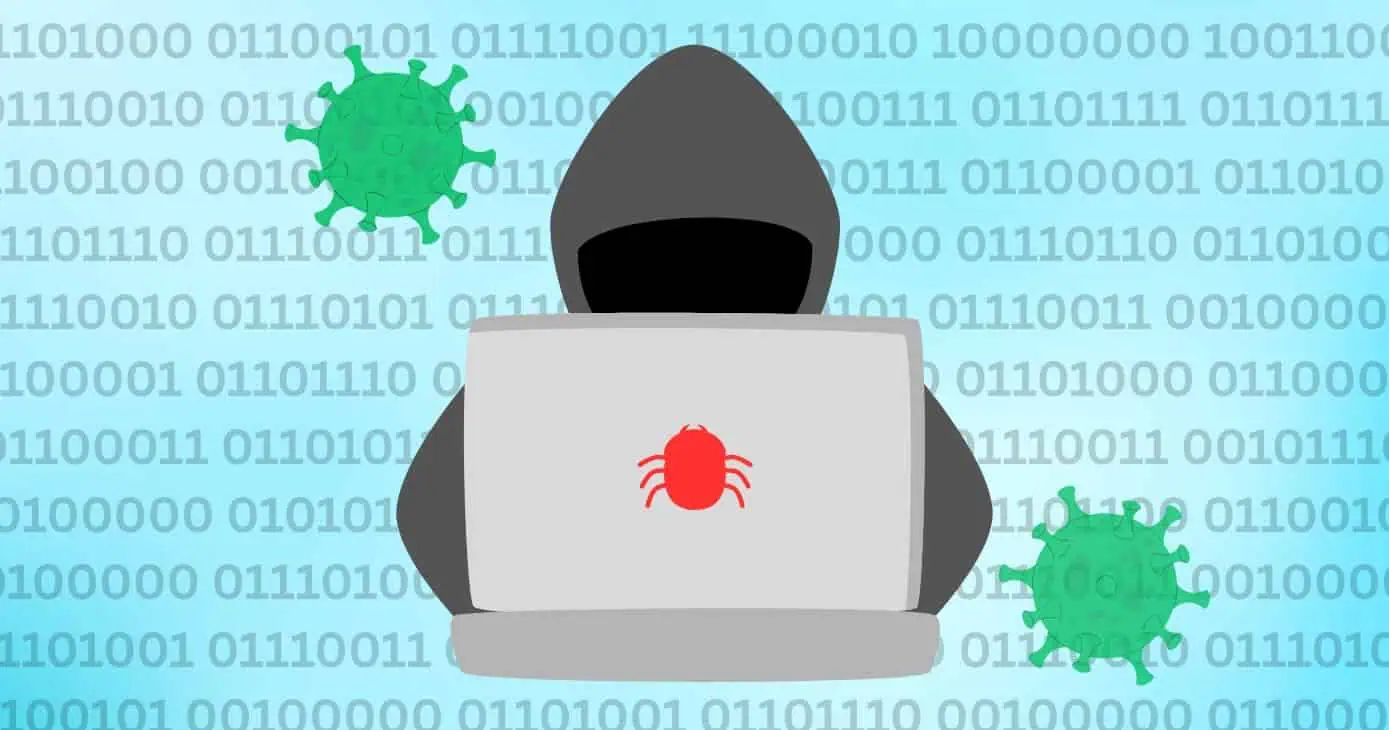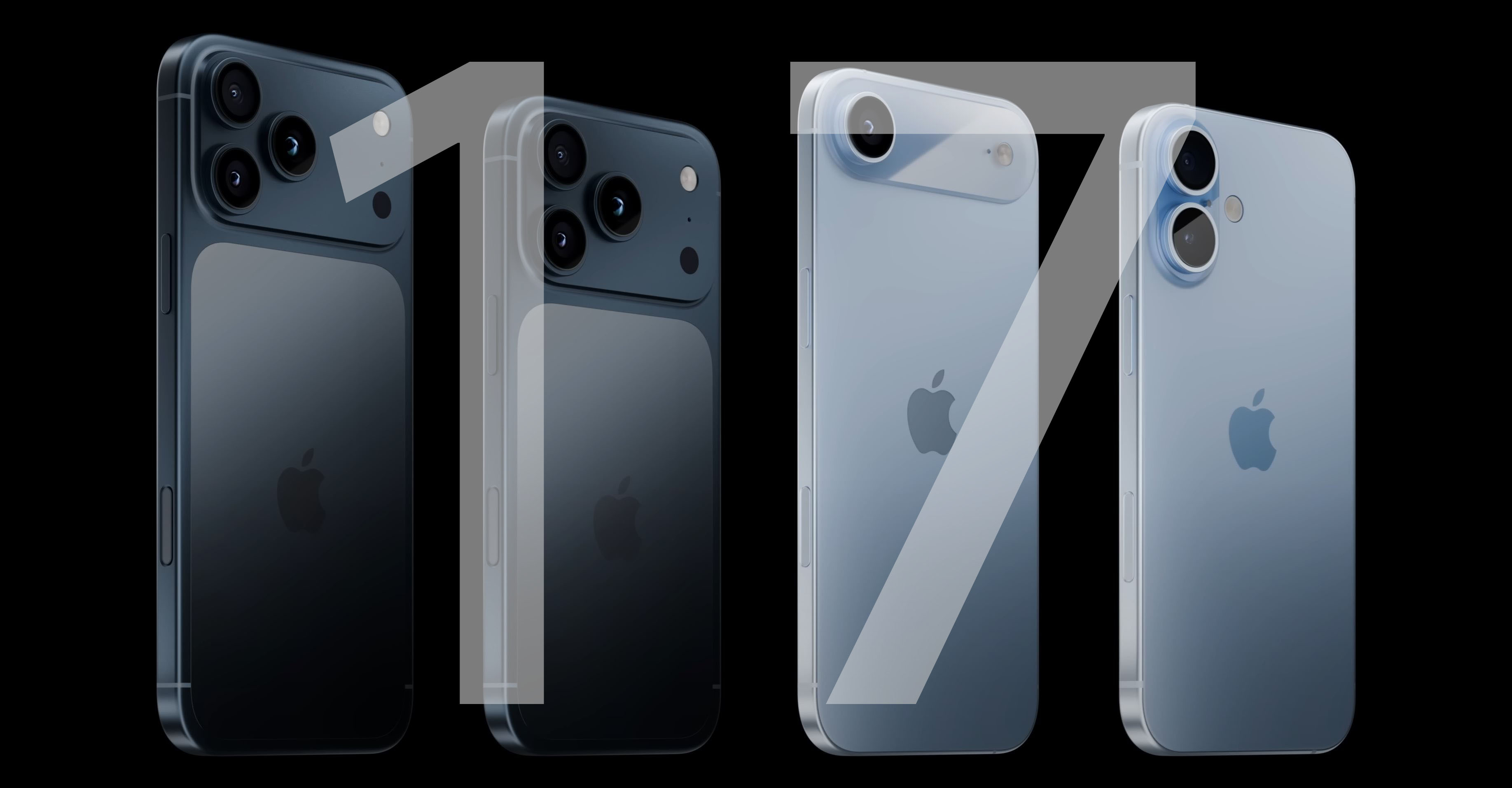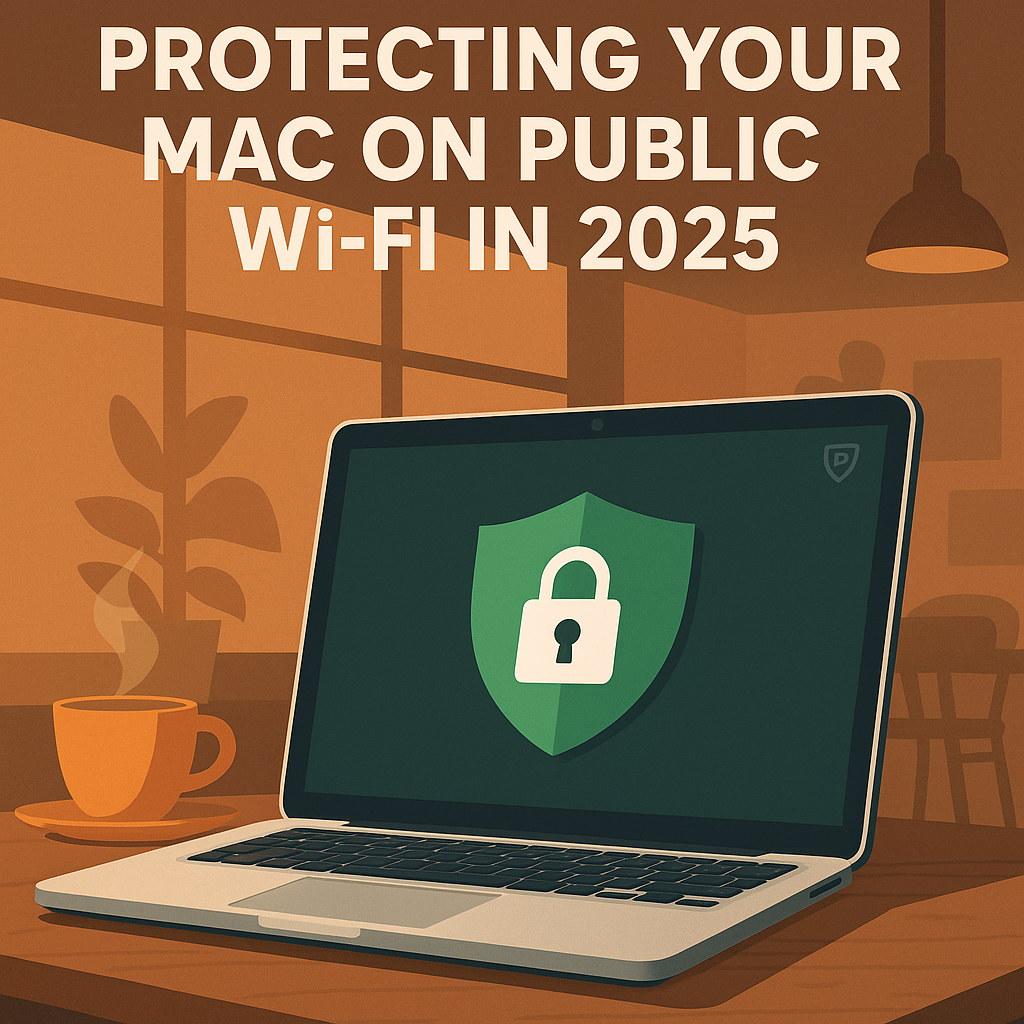
06 October 2021
The Different Types of VPN Encryption
The use of VPNs by Mac users has been on the rise in recent years. It’s seen as the new tool to help promote security and privacy for both businesses and individuals.
The majority of them understand the basic tenets of a VPN; how it’s used to mask an IP address via a different server in another country. They also understand how a VPN helps to circumvent public wi-fi dangers and access geo-restricted sites.
But a VPN can do more than that: it offers you a tunnel, a pathway to a more secure internet. This is achieved through various encryptions and protocols that aren’t always explained. So, we look at it here.
Understanding VPN encryption
To keep a Mac secure, encryption technology plays a pivotal role in everything from browsing to storing files, especially in VPNs.
Encryption is when letters and numbers are substituted to encode data in a way that only the designated recipient can gain access to it. The algorithms involved to create this encryption rely on a cipher – a series of steps that are followed and the key-length, which is the number of ‘bits’ one will find in a key.
You’ve probably heard before of ‘256 bit encryption’ as it’s often associated with terms such as ‘military-grade security.’ That’s because it’s the highest standard of encryption available today and is impossible for hackers to break through. VPNs often have different levels of encryption and keys, including:
- Symmetric-key – the encryption and decryption key are the same. For it to work, both the sender and receiver need to have the same key. This is the most common one you’ll find in VPNs.
- Public-key – is used to encrypt data by the sender while the recipient uses a private key to decrypt.
- Handshake – this is how you secure your connection to a VPN server from a public-key via a TLS handshake. For a long while, this has been achieved through the RSA algorithm (RSA-1024) and is used by many VPN providers. Unfortunately, the NSA has cracked this, rendering this void, so avoid using a VPN that uses this. When you need a good VPN for Mac, look for a VPN that uses its successor algorithm, RSA-20148.
- Secure Hash Algorithm – the ultimate VPN connection that uses a fingerprint to validate certificates. This stops any hackers from directing your traffic to their own server.
While these are some of the most popular generic terms for actually encrypting data for use on the VPN, there are a number of ciphers (algorithms) to look out for too. That way, you’ll understand the number of bits they encrypt and how they stand in the marketplace.
Data Encryption Standard, or DES, was one of the original standards that needed to up its game as hackers could break through the algorithm. Nowadays, we have Triple DES, which uses three keys made up of 56 bits each.
AES, or Advanced Encryption Standard, is the standard you’ll see nowadays. As mentioned above, it often employs 256 bits, the highest standard that’s used by the biggest organizations such as the US Government. Even when its 128 key is used instead, it’s still near impossible to break down and breakthrough.
Blowfish was created to compete against DES and prove itself as an encryption method that can fend off online attackers. It uses a symmetric algorithm that breaks down data into smaller sections of 64 bits. These are then encrypted separately. The way it works can achieve safe and secure encryption in a relatively short time, making it very effective for online stores that require safe and secure bookkeeping and payments. It’s also got a good track record in protecting information found within the software, so developers will often look for VPNs that incorporate Blowfish.
Twofish is the next step from Blowfish, improving and enhancing the original algorithm. Now, it can encrypt 256 bits through the use of one key. With the added security, Twofish is still as quick and flexible as its predecessor for both hardware and software.
When searching for a VPN, it can be easy to be impressed by the bold claims of complete anonymity and private web browsing, along with the attractive price offerings. However, if you’re determined to ensure your Mac is using the best VPN, it’s always worth doing a bit of extra research into the technology involved. By finding out which methods a VPN uses, you’ll be able to gauge just how secure it is and if it’s the right choice for you

Software Expert
A Mac software expert with over 3 years of experience in applying solutions to Mac software issues. My speciality is ensuring an easy-switch from Windows to macOS for new Mac users.

































